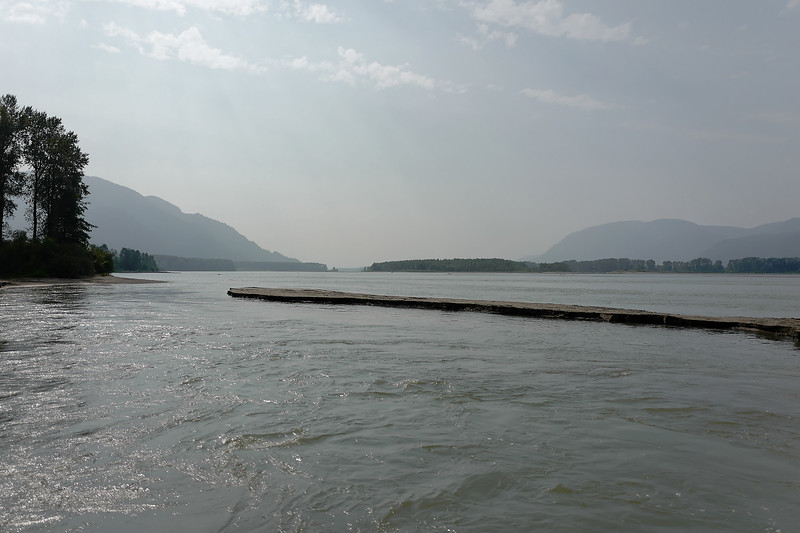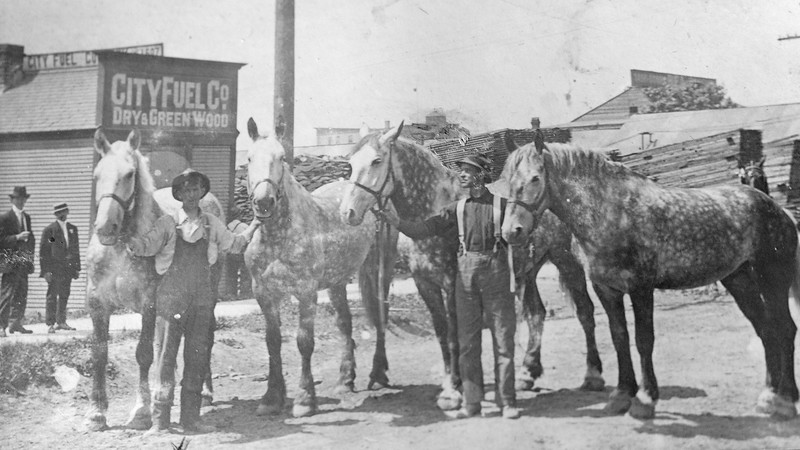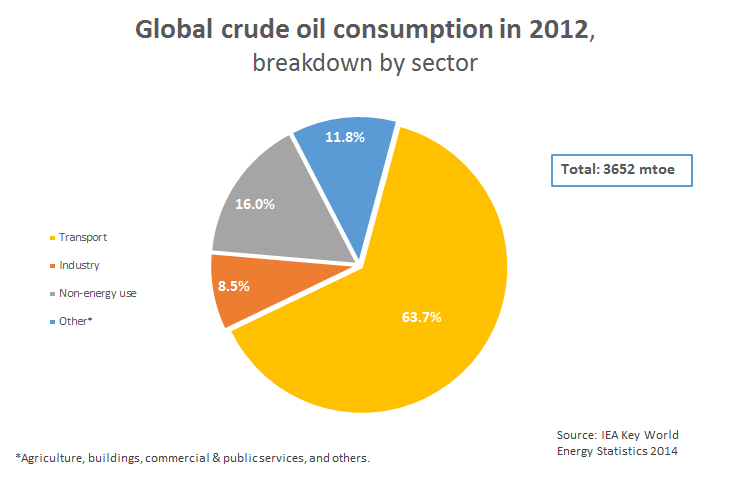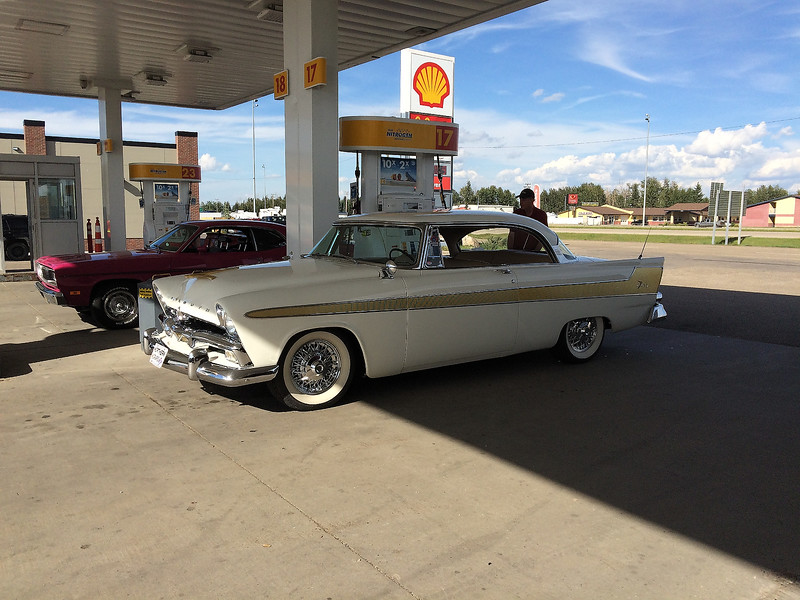James Lemon
Well-known member

The Mighty Fraser River is the longest river within British Columbia, Canada, rising at Fraser Pass near Blackrock Mountain in the Rocky Mountains and flowing for 1,375 kilometres (854 mi), into the Strait of Georgia at the city of Vancouver. It is the 10th longest river in Canada. The river's annual discharge at its mouth is 112 cubic kilometres (27 cu mi) or 3,550 cubic metres per second (125,000 cu ft/s), and it discharges 20 million tons of sediment into the ocean.
To give you an idea of what a cubic meter would look like, image seven forty five gallon drums of water.
This is the winter run off season the main part of the river flows on the other side of the trees in the distance. The immediate area will be over run with dirt bikes, fisherman, and some rock hounds. In a few more weeks.



